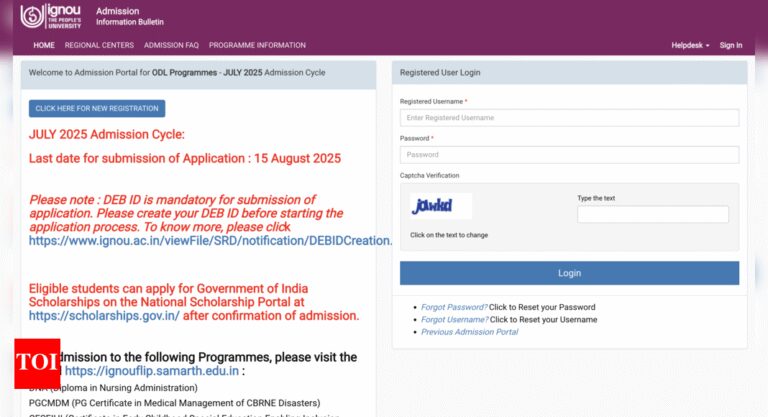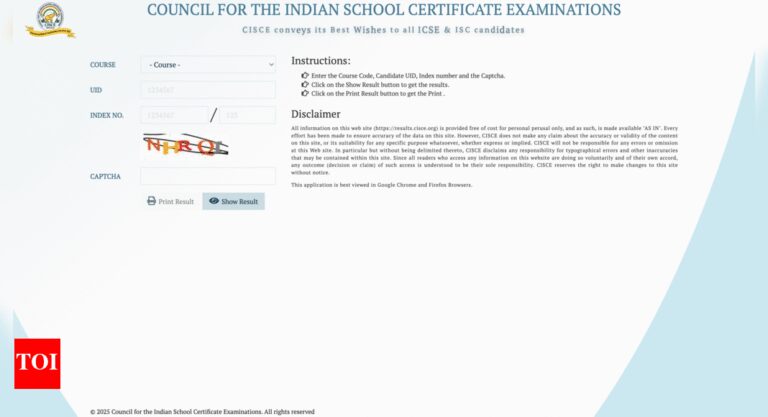
In New Haven, Connecticut, a crowd of nurses, teachers, service workers, and students recently filled Scantlebury Park, many wearing “union pride” T-shirts. Organised by UNITE HERE unions and New Haven Rising, the rally called attention to a growing concern shared by working-class Americans across the country: a steady decline in career security amid rising costs and widening institutional disparities.While the gathering was local, the message resonated nationally. As reported by Yale Daily News, the speakers, among them union leaders, city officials, and education advocates, called for urgent action on wages, housing, and job stability. Their demands reflected what many working professionals across the United States are experiencing in 2025: inflation outpacing salaries, shrinking access to secure full-time roles, and a growing disconnect between institutional wealth and worker wellbeing.
Career security: Not just a union issue
The rally spotlighted four core demands: affordable housing, educational investment, expanded youth opportunities, and good union jobs. At the heart of all these concerns lies a critical thread — career security.“Affordable housing, youth opportunities, education, good union jobs, we are here to fight for all of these things,” said Board of Alders President Tyisha Walker-Myers, who also serves as chief steward for Yale’s Local 35 union.This intersection of economic anxiety and workplace precarity is not limited to unionised sectors. Across professions, the idea of a stable career is being redefined. From healthcare to education to service industries, professionals are contending with increased workloads, uncertain contracts, and fewer long-term benefits. These changes are compounded by unaffordable housing and inflation, which have chipped away at the financial buffers once available to middle-income earners.
What this means for working professionals
The rally’s momentum highlights a key shift in professional dynamics. Community solidarity is becoming a strategic response to systemic gaps in employment protection. The voices in Scantlebury Park weren’t just speaking to city leaders. They were addressing employers, institutions, and policymakers across the country.For today’s professionals, especially those outside the traditional union fold, the message is clear. Economic pressures are no longer confined to low-wage sectors. When public school teachers, registered nurses, and university employees gather under a common cause, it suggests a shared vulnerability that cuts across income brackets and degrees.Leslie Blatteau, president of the New Haven Federation of Teachers, and Norah Laughter, a Yale student running for office, joined local alders and residents in urging cross-generational cooperation. Their presence underlined how workplace instability is not just an economic issue. It is political, social, and generational.
Institutional accountability under scrutiny
The protest also raised broader questions about institutional responsibility. Several speakers emphasised the need for Yale University, the city’s largest employer, to deepen its support for New Haven communities. While Yale has increased its voluntary contribution to the city’s budget under a 2021 agreement, the deal is set to expire next year.Mayor Justin Elicker, who attended the event, acknowledged progress but called for more sustained involvement.“With a lot of the federal cuts, we need to see our local partners do more,” Elicker said. “Yale has made a lot of progress in the last five years, but we need to see them build on that.”For professionals working in cities shaped by large institutions, whether universities, hospitals, or tech firms, this tension is familiar. When local economies rely heavily on a single employer or industry, the career stability of thousands becomes directly tied to that entity’s public policies and investment decisions.
A blueprint for broader change
The rally was not just reactive. It followed a February summit and six weeks of city-wide door knocking led by New Haven Rising, reflecting a grassroots strategy that combines workplace advocacy with civic engagement.As Rev. Scott Marks, director of New Haven Rising, noted, the demands are rooted in everyday conversations.“The people of New Haven want to see schools where teachers are not having to enlarge their class sizes, they don’t want to see threats of being laid off and they want to see violence calmed down.”For working professionals navigating an uncertain labor landscape, this form of community-backed advocacy could serve as a model. Whether pushing for remote work protections, contract transparency, or fair wages, alignment with local movements may offer a path toward greater collective bargaining power.
The bigger picture
Across the United States, career security is being tested by a convergence of forces including automation, inflation, housing shortages, and reduced public investment in education and healthcare. In this environment, professionals can no longer assume that experience or education alone will shield them from instability.The New Haven rally may not have delivered immediate policy change, but it served a critical function. It reminded the country that career security is no longer a private negotiation between employee and employer. It is a public conversation, increasingly shaped by collaboration, visibility, and community action.As professionals weigh their next moves, whether upskilling, relocation, or advocacy, it is important to realise that economic security is no longer a given. It is something working Americans are being forced to demand, loudly and collectively.TOI Education is on WhatsApp now. Follow us here.








